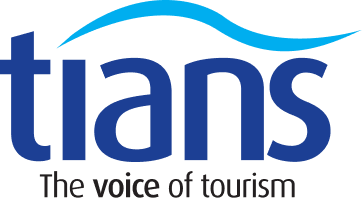Marketing Levies
January 1, 2022Since TIANS original position on Marketing Levies in 2005 there have been additional regional levies implemented and more presently being contemplated. In 2016 TIANS led a series of industry discussions around the concept of a provincial approach. TIANS will continue to gauge industry perspective and monitor this issue, however at the present time there is no industry consensus regarding the implementation or management of a province wide marketing levy for accommodation operators. There were concerns raised as well on additional regional levies and overall effectiveness of current agreements.
There was support for a more coordinated approach on this issue that would ensure the dollars raised are leveraged in the most beneficial way to build new tourism receipts into the Province. There was also growing interest in exploring different models of how tourism marketing is supported (i.e. % of tax collected; inclusion of other sectors, etc.) that supports the principle of a more equitable approach around tourism investment.
In October 2022 the Provincial Government introduced Bill 204 that would give more control to municipalities. Under the legislation, municipalities can choose if they want to impose the levy and at what rate, up to a maximum of three per cent of the total cost of an accommodation.
TIANS continues to believe that in jurisdictions where a marketing levy is applied the following suggested guidelines apply:
- There should be a coordinated approach with Tourism Nova Scotia (TNS) to protect and support the provincial brand and tourism strategy
- The levy be applied to 100% of accommodation operators in the designated region with no opt-out
- Monies raised in a region for the purpose of tourism marketing remain with the region
- The levy is applied equally to all businesses
- Funds generated are for the exclusive purpose of incremental tourism marketing
- An external evaluation process must exist to measure the effectiveness of expenditures
- A contractual agreement needs to be in place that enshrines the understanding of the levy principles; inclusive of all terms and conditions, collection method, administrative costs allowed, governance and accountability, etc.
Closing Statement
As the tourism industry rebuilds in a post-Covid world, broadening traditional business models will not support advancing real change. Is taxing our customers an appropriate approach to generating incremental tourism marketing revenues. What protections will be in place to ensure appropriate and responsible investment of the funds into activities that stimulate the visitor economy and how will the results be measured?
Collection of a levy without any requirement of aligning with the provincial tourism strategy and in the absence of a strategic plan to accelerate growth is shortsighted and has the potential to lead to patchwork of systems that fractures the industry.





